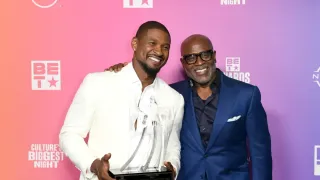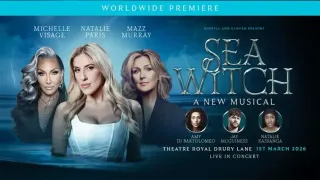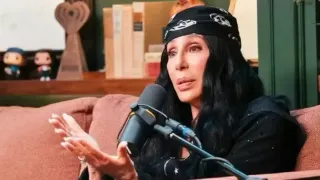August 3, 2020
Watch: Suspect in Assault on Boston-Area Gay Man Arraigned on Hate Crime Charges
Kilian Melloy READ TIME: 1 MIN.
A suspect in the assault on a Boston-area gay man in his own front yard has been arraigned on hate crime and other charges, and is scheduled for a dangerousness hearing later this week, local news source Masslive reports.
As previously reported at EDGE, Taunton resident Tom Anderson had hung a rainbow banner for Pride month in his front yard shortly before the suspect, 34-year-old Michael Cates, allegedly stopped his SUV on the street in front of Anderson's home, entered Anderson's yard, and struck him in the face, knocking out two teeth.
Cates did not know Anderson, news reports said. The attack was reportedly witnessed by Anderson's husband, who was also in the yard at the time, as well as a fourth individual.
Cates then allegedly jumped back into his SUV and drove off. He was later arrested and charged with assault. Hate crime charges were not initially part of the charges Cates faced; those charges were added later.
Cates was arraigned on July 31.
Local news channel WBZ noted that Cates is being held without bail. WBZ also reported that Cates allegedly shouted anti-LGBTQ epithets while punching Anderson.
Watch the WBZ news clip below.






